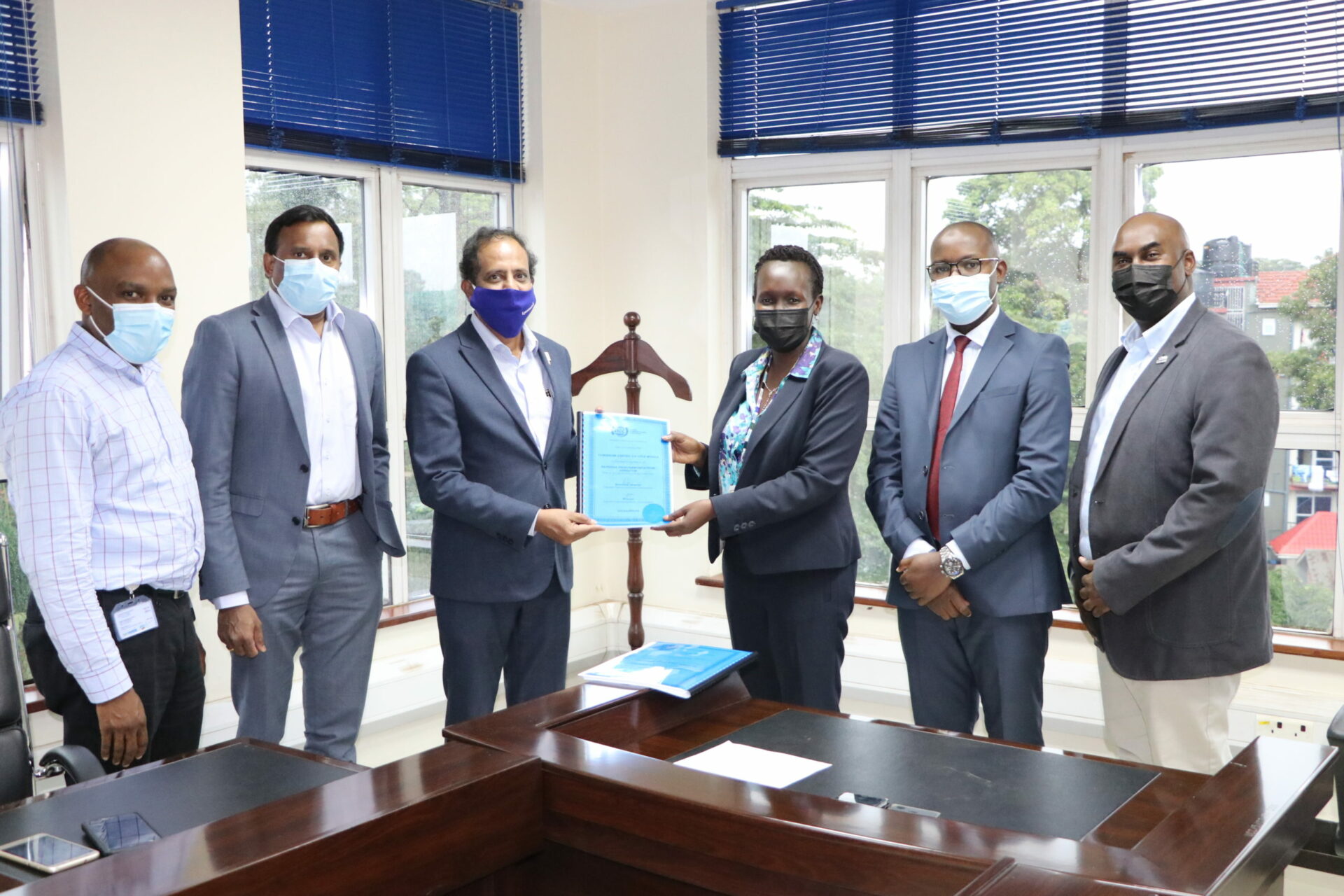Lycamobile has been granted a National Telecommunication Operator licence by the Uganda Communications Commission, making it the country’s third national operator. This licence was granted on March 24, 2021.
Lycamobile’s application was approved following a change to the country’s licensing framework in 2020, which allowed the country’s telecom operators to apply for any licence they choose.
As part of the requirements for the new licence, Lycamobile is expected to increase its network coverage to 90% of the country within five years of receiving the licence and list 20% of its shares on the Uganda Securities Exchange.
Lycamobile is a British mobile virtual network operator (MVNO) with a presence in 23 countries. In Uganda, it operates under its parent company, Tangerine Limited, which has been present in Uganda since 2008. By acquiring this licence, it joins Uganda Telecom Limited (UTL), MTN, and Airtel as the country’s national operators.
At an event held to announce Lycamobile’s licence, Irene Kaggwa Sewankambo, the Acting Executive Director of the UCC, said the entrance of a new player to any space is supposed to improve competitiveness in the sector and ultimately improve services for the consumers.
This does not appear to be the case for the Ugandan telecommunications sector or even the consumers because of the government’s attempts at Internet censorship.
Under the guise of adding a new revenue source to the government, the Museveni-led government introduced a social media tax in 2018 that saw Ugandans paying USh200 ($0.05) daily to use social media and other over-the-top services.
Consequently, several Ugandans used VPN services to access the Internet and avoid paying the tax. Tax revenues dropped as a result, with the UCC posting figures that showed a drop in tax revenues from USh5.6 billion (~$1.5 million) in July 2018 to USh3.97 billion (~$1.1 million) in September 2018.
Of the projected USh275 billion ($77.8 million) revenue, the country only realised about USh 47 billion ($13.5 million). Internet subscriptions were not spared, declining by 15% and 0.39% in August and September 2019, respectively.
With the failure of the OTT tax, the government plans to introduce a 12% tax on Internet bundles from July 1, pending approval from members of parliament. Data used to provide educational and medical services are exempt from this tax. Unlike the social media tax, this tax would be harder to evade as it has to be paid when purchasing Internet bundles.
In 2013, President Yoweri Museveni announced Uganda Vision 2040, a development plan that was supposed to see Uganda move from a rural economy to a competitive and market-driven economy by 2040. This plan now looks in danger of failing with an increasing possibility that more Ugandans would leave the Internet because of the government’s proposed tax on Internet subscribers.
Uganda has witnessed many Internet lockdowns in the past, with the most recent coming during the 2021 elections. Social media and messaging apps were shut down ahead of the elections, which returned Museveni for his sixth term. In the build-up to Uganda’s 2016 presidential elections, social media was also shut down.
Social media and Internet shutdowns, while usually politically motivated, frequently have economic implications. Sub-Saharan Africa lost $237 million to Internet censorship in 2020. For one of the poorest regions globally, that amount of money could have gone a long way to aid economic development.
For Lycamobile and other telecom operators in the country, this should be a cause for concern. A reduction in the number of Internet users in the country could mean less revenue for the companies and subsequently less tax revenue for the government.











